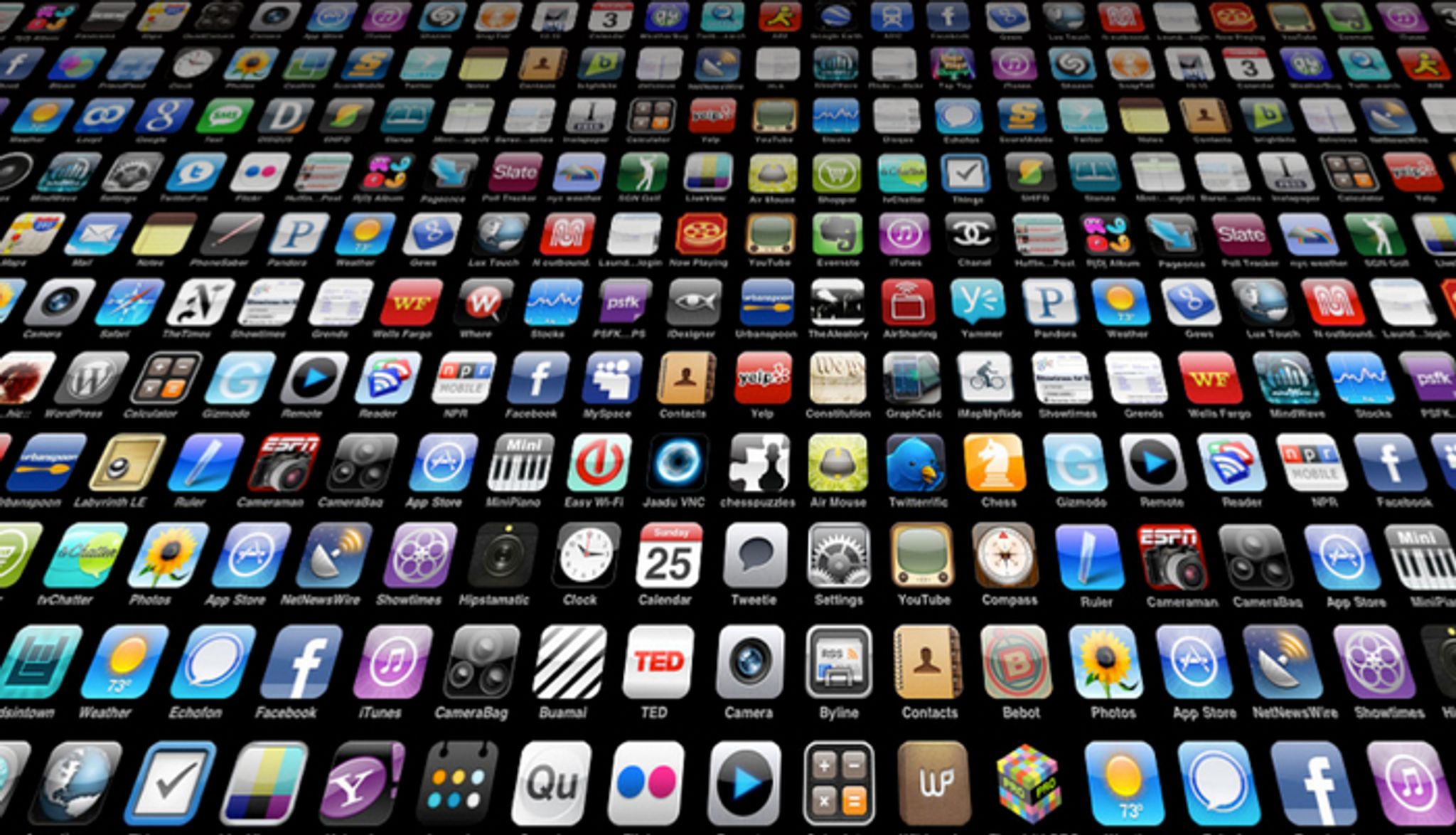Should You Build an App?

Apps are the new black. Everyone wants their own. From Mom & Pop shops to blue chip corporations, companies are scrambling to get their brand, product, or service in the app store. If you don't have an app, you might feel kind of lonely. Many developers, who spend their days managing a CMS or developing sites may consider the app market as the new gold country. Is this where you should be digging for gold? Is it time to pack up and move to mobile country?
The App Question
Before you rush into the app frenzy, stop and think. Do you need an app? Should you build one? What is the ROI from building an app?
Apps cost money to create. Plus, they have a subtle impact upon your brand. They can either erode your brand integrity or they can build a stronger brand presence and more loyal customer base. An app can frustrate users, or it can be a huge crowd-pleaser. An app can either drive conversions or it can slow conversions. Before you decide to build an app, you need to have an overall mobile strategy.
The Mobile Imperative
You probably already know that mobile is huge. You might even be reading this article on a mobile device. Every company with an online presence — which is basically every company by now — needs to have a mobile strategy. That mobile strategy is going to look different for every single company.
Here's the thing to remember about a mobile strategy. As Google's Mobile Playbook explains, having a mobile strategy does not mean having an app. You can have a robust presence on mobile without investing the time and resources into creating an app. Using a website with responsive design, for example, is often a more cost-effective and reasonable solution for many companies.
What is an app for?
What's the whole purpose behind an app? There are two broad potential purposes:
1. Entertainment: E.g., Pandora, Angry Birds, Kindle, Words With Friends, Instagram, Zombie Apocalypse
Game apps are great. As I write, I have two Words with Friends games going on. (I'm losing both games.) Are you a mobile game maker? Is your company name Zynga? If so, then entertainment apps are perfect for you. If, on the other hand, your company is not in the mobile gaming industry, this is probably not a great option. Some companies, however, have chosen such a strategy.
F'or example, Capri Sun created an iPad game. I downloaded it for my toddler daughter to play. The game consisted of trying to score points by throwing a beach ball into a goal defended by a dolphin. You can also make the dolphin do tricks. It was cute. My daughter played it a few times.
I don't think we've drunk Capri Sun since downloading the app three years ago.
2. Utility or Information: Docs to Go, Evernote, CNN, Dropbox, Flashlight, Maps, Weather
If you see someone busy on their mobile device, chances are, they're playing a game or surfing Facebook. If they aren't, they might actually be working, catching up on the news. or emailing a colleague. Useful tools comprise a vast number of apps. Many companies who create traditional software tools have also created useful mobile versions of their software. For example, Evernote users may use the robust desktop version, an equally powerful online version, or a scaled down Evernote for their Android or iPad mini. Most companies, however, are not in position to profit from a new utility app.
An App that Promotes Your Brand
One website with an obviously older article discusses apps for “promotional purposes.” The article seems to indicate that promotional apps are a great idea. It can “enhance your status and stand out of other competitors [sic].”
Are brand promoting apps a good idea? It all depends.
Obviously, the Capri Sun app, mentioned above, is promoting its brand. It's probably not trying to become another Zynga. What about Coca-Cola? They have an app, several actually. One of their apps allows you to play games. Another Coca-Cola app allows users to view the history of the Coca-Cola product and brand. Starbucks has created an app that allows users to make purchases, earn stars, create custom drinks, and even get free music. It's like a loyalty card, only it's an interactive app.
Perhaps the overarching reason why a company would create an app — be it an app for utility or entertainment — is to promote their brand. Is this a good idea for your company? Are people going to download an app you made in order to play with a dolphin or read about your brand's history? Do you have an international chain of coffee shops where people can use your app to make purchases? Maybe, but probably not.
Making a Decision
Though the siren call of apps is strong, the numbers tell a different story:*
- 73% of mobile users would rather use a mobile website to do shopping, rather than an app.
- 60% of mobile users prefer entertainment via their browser rather than an app.
(Stats taken from http://mashable.com/2012/06/06/mobile-site-mobile-app-infographic/)
There are plenty of good reasons to build an app. App users are generally more engaged with your brand. Besides, apps provide a greater level of interactivity and functionality. As the mobile browsing experience matures, however, there is less and less driving motivation to build an app.
You're out to make an impact, not waste money on a dud. Before you move forward with your awesome app idea, stop and think for a moment. Apps have had their heyday. Your answer to the app question may be instead to focus your development on responsive design and mobile customization rather than app building.